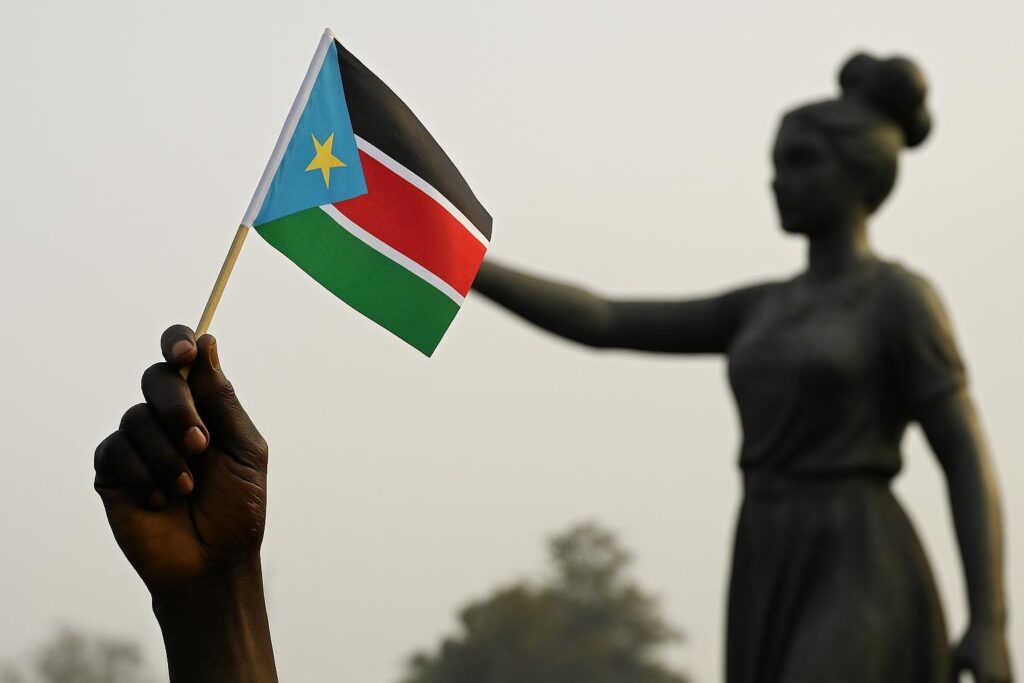South Sudan conflict roots since 2011
Fourteen years after independence, South Sudan still struggles with unresolved power rivalries between President Salva Kiir and suspended First Vice-President Riek Machar. Their Dinka-Nuer split, first weaponised during the 2013-2020 civil war, resurfaced fiercely throughout 2025 (UNMISS 2025).
Security provisions within the 2018 Revitalised Agreement remain partially implemented; unified command structures are incomplete, and promised disarmament stalls in many barracks. Analysts note that this institutional vacuum enables local militias to revive ethnic narratives and contest scarce resources (News18).
Escalating violence and displacement figures 2025
UNMISS recorded 1,518 civilian victims between April and June 2025, a 43 percent rise on 2024. Fatalities jumped 44 percent to 635, while injuries more than doubled. Women and children comprised over one quarter of the casualties (UNMISS 2025).
The Commission on Human Rights in South Sudan estimates 300,000 citizens have already crossed borders this year, adding to 2.5 million refugees hosted by neighbouring states. Another two million remain internally displaced, straining humanitarian corridors repeatedly hit by flooding and funding gaps (Commission 2025).
Kiir–Machar rift reshapes power calculus
In March 2025, Kiir ordered the house arrest of Machar after government troops lost Nasir to the Nuer-aligned White Army. By September, a presidential decree suspended Machar, citing treason and other charges, signalling an institutional hardening of the rivalry (News18).
Presidential advisers frame the suspension as a legal matter to ‘protect constitutional order’, while Machar’s supporters decry it as political suppression. With command chains fragmented, local commanders increasingly pursue separate cease-fires or offensives, complicating the national negotiating table.
Regional implications and security fears
Juba now shelters 1.2 million Sudanese fleeing Khartoum’s war, a demographic shock to a fragile economy already wrestling with currency depreciation and oil revenue disruptions. Diplomats warn that spill-over violence could unsettle border areas of Ethiopia, Uganda, and the Democratic Republic of Congo.
The Intergovernmental Authority on Development reiterates its readiness to convene leaders, yet previous guarantor mechanisms lack enforcement teeth. Observers argue that coordinated pressure from the African Union and regional creditors could still incentivise fiscal transparency and faster security sector reforms.
Prospects for de-escalation
Experts propose incremental confidence-building: reopening humanitarian corridors in Upper Nile, releasing detainees, and accelerating the graduation of a unified force before the planned 2026 elections. Such steps, they contend, would reduce militia incentives and rebuild trust with war-weary communities.
Yet timing remains critical. Each month of delayed security reform magnifies both humanitarian costs and political risks. As one civil society leader cautions, ‘If the guns do not fall silent soon, ballots may again be replaced by bullets’.


